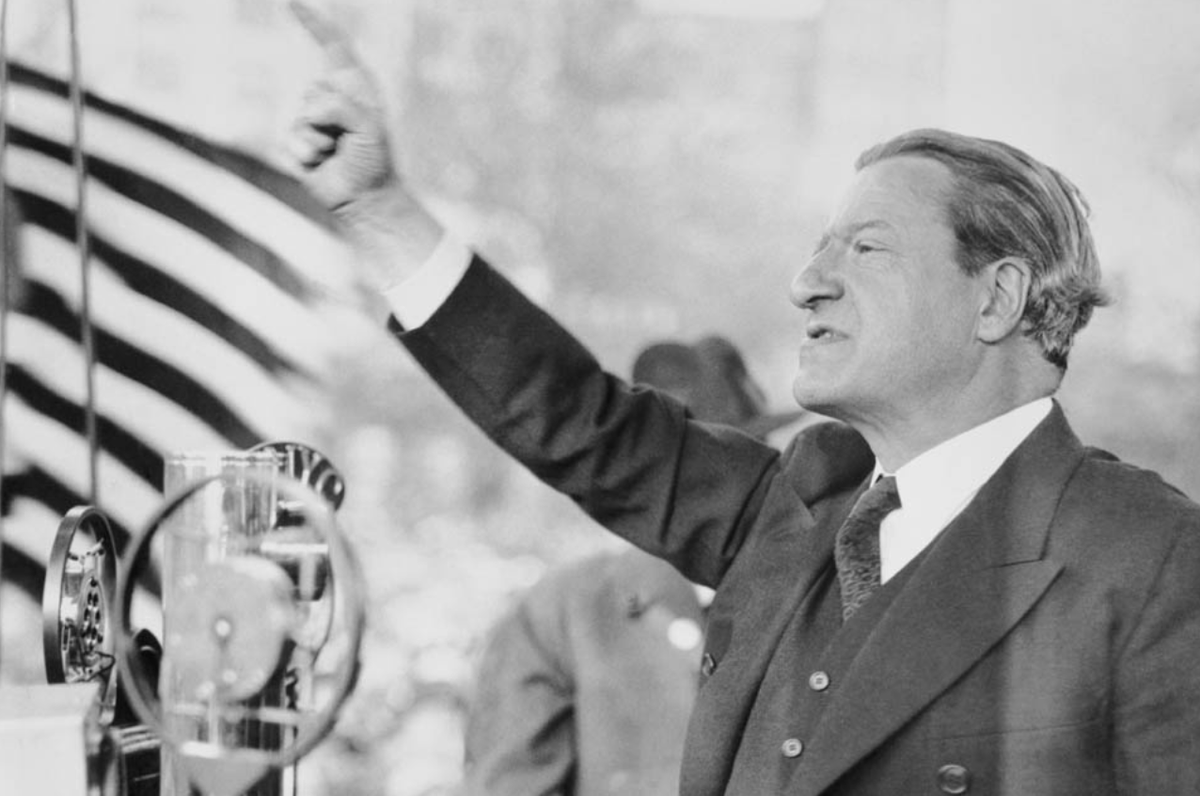By Sophie Huttner, Yale University ’23
Advised by Brendan Shanahan
Edited by Hannah Szabó, Yasmine Halmane, Nikhe Braimah, Samantha Moon, Maggie Grether, and Gisela Chung-Halpern
INTRODUCTION
From the 1882 Chinese Exclusion Act to the 1924 National Quota act, American Jews had been some of the nation’s fiercest advocates for the liberalization of American immigration policy. Yet in the years leading up to the Holocaust, as Jews in Europe faced increasing violence and criminalization, few American Jewish leaders publicly advocated for raising immigration quotas for Jewish refugees. America’s failure to save large numbers of Jews from the Holocaust has long haunted humanitarians and the nation at large. In his famous 1977 book Were We Our Brother’s Keepers? Rabbi Haskel Lookstein expresses the deep disappointment that many American Jews feel towards their own community’s lack of action during this time. “The Final Solution may have been unstoppable by American Jewry,” he writes, “but it should have been unbearable for them. And it wasn’t.” This is a serious accusation, based on the American Jewish community’s unwillingness to aggressively lobby for looser immigration restrictions during the late 1930s. Yet individuals must be judged in the context of their time, and the environment that American Jews faced was one of great uncertainty and political opposition. In these circumstances, to what extent can we fairly criticize American Jewry for their failure to change American immigration law?
In this essay, I will explore this question by examining the factors influencing American Jews’ muted advocacy for the expanded admission of Jewish refugees to the United States in the years leading up to the Holocaust, from 1936 to 1939. I will specifically analyze three instances in which the Jewish community tried and failed to carve out exceptions to America’s strict immigration policies: the 1936 Kerr-Coolidge bill to
stop deportations, the 1938 Celler and Dickstein bills to increase refugee admissions, and the 1939 Wagner-Rogers bill to accept 20,000 German refugee children. To provide historical context for the political and philosophical debates that American Jewry engaged in at this time, I will first offer a brief overview of the nature of American antisemitism in the late 1930s. My research draws heavily from the Library of Israel’s extensive archive of American Jewish newspapers, as well as the large archive of the American Jewish Committee, one of the nation’s oldest Jewish advocacy groups. Through an analysis of the reports, articles, and meeting notes held in these archives, I will show how American Jewish leaders’ fear of exacerbating anti-Jewish prejudice and their desire to prove their patriotism undermined their attempts to save their European brethren. Ultimately, I will argue that at a time when Jews’ belonging in the United States was more in question than ever before, American Jewish leaders believed they could not afford to more forcefully argue against the vast majority of Americans and government officials who supported continued restrictions on American immigration, even in light of the atrocities of Nazi Germany.

